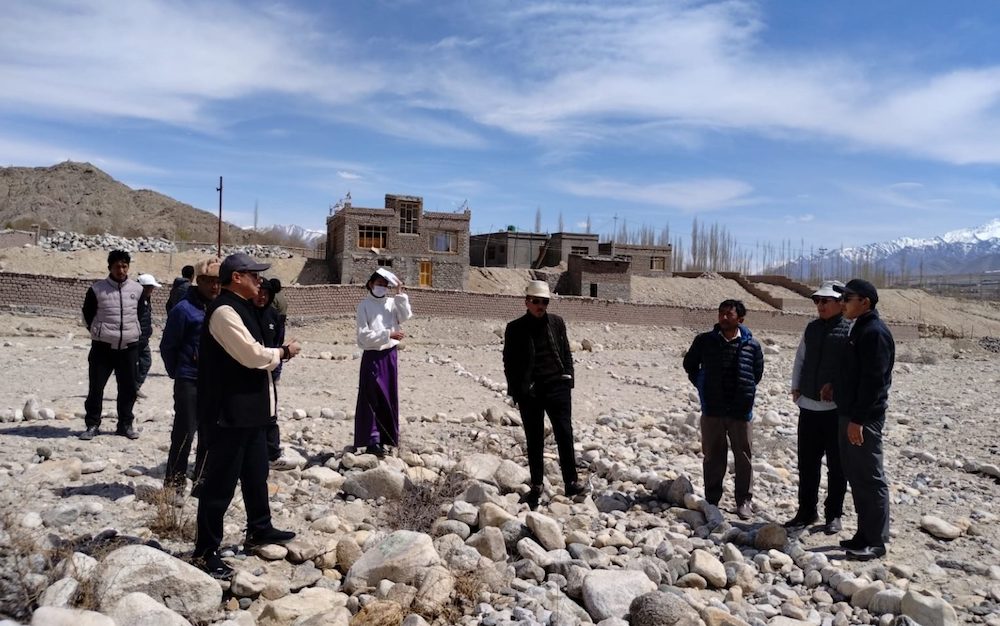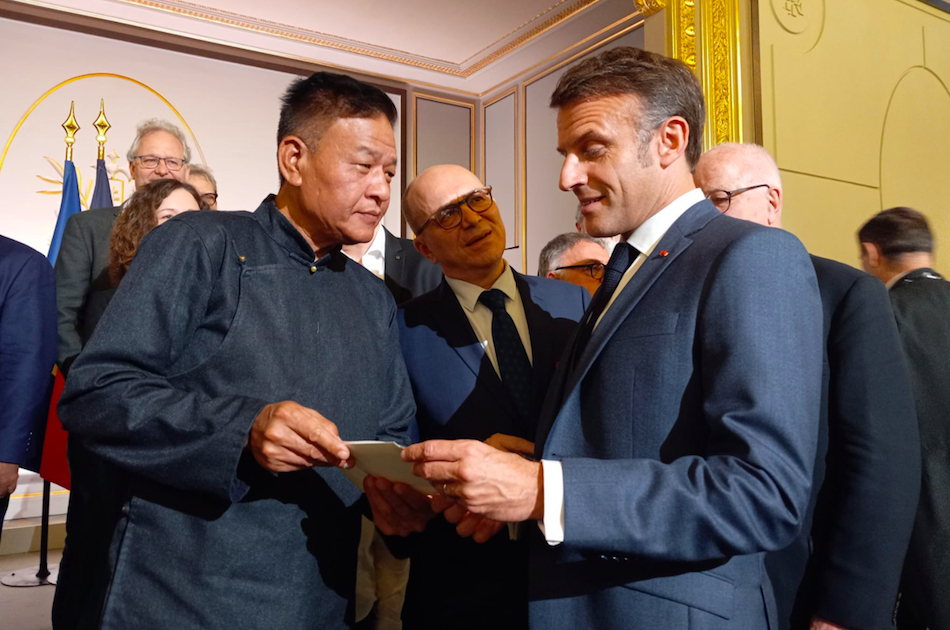Talks between India and China have led to a major breakthrough in relations, following a landmark agreement over the status of Tibet.
India has now formally recognised that the area known as the Tibetan autonomous region is part of the People’s Republic of China.
China, for its part, has agreed to start border trade through Sikkim – a move that is being seen as an acceptance by Beijing of India’s claim over that area.
Indian Prime Minister Atal Behari Vajpayee says relations with China have been transformed as the two sides seek new ways to overcome their differences.
However, BBC India correspondent Sanjeev Srivastava says the joint declaration is in reality as much diplomatic fudging as genuine progress in areas of differences.
The Tibet and Sikkim agreements are the first details to emerge of a declaration signed by India and China aimed at solving their long-running border disputes, which erupted into war in 1962.
Mr Vajpayee is on the second full day of what is the first visit to China by an Indian prime minister for 10 years.
“Our present course of developing all-round bilateral co-operation, while simultaneously addressing our differences, has transformed the quality of our relationship,” Mr Vajpayee said on Tuesday.
He was speaking after talks with former Chinese President, Jiang Zemin.
The world’s two most populous nations have appointed envoys “to explore from the political perspective of the overall bilateral relationship the framework of a boundary settlement”, according to a joint declaration released after the talks.
Mr Vajpayee added: “The appointment of special envoys is a special step that reflects the desire of both countries to settle the border issue as early as possible.”
The joint declaration adds that India will not allow “anti-China political activities” by Tibetan exiles, who have fled to India in their tens of thousands.
The Indian Foreign Minister has said this will not affect the status of the Buddhist Dalai Lama, who leads a Tibetan government-in-exile based in the Indian town of Dharamsala.
The agreement has surprised observers as border disputes have bedevilled relations between China and India.
Fifteen rounds of talks since the 1980s have failed to resolve India and China’s boundary disagreements.
Even in this declaration, our India correspondent says, the Indian leadership is keen to differentiate between the Tibet autonomous region and the whole of Tibet.
Promoting co-operation
On Monday, Mr Vajpayee and Chinese Prime Minister Wen Jiabao signed nine agreements to boost relations between the two Asian rivals.
The agreements include:
- Increasing co-operation in science, technology, commerce and education
- Easing visa rules
- Setting up joint infrastructure development projects, focusing on water and energy resources
- Establishing cultural centres in each others’ countries
China and India, which account for a third of the world’s population, have had unsteady relations since their 1962 border war.
The two countries said they had now designated Changgu in Sikkim and Renqinggan in Tibet as Himalayan border trading posts.
But it seems the new stage of relations will not be without its problems.
Indian Foreign Minister Yashwant Sinha said: “We have achieved what we set out for. We have created a platform for further action.”
But he added that there was no question of a change in the Indian position.
“What we have said on Tibet is consistent with what we have said in the past and I don’t think the question of the Dalai Lama leaving India or asking to leave India arises at this time,” he told Reuters news agency.
The Dalai Lama’s London representative, Kesang Y Takla, described India’s position as “not new… but it is certainly of interest and concern to all three parties concerned”.
China’s Foreign Ministry spokesman Kong Quan said a dispute with India over Sikkim still had to be resolved.
“The question of Sikkim is an enduring question which cannot be solved overnight,” he told reporters.
“We hope this question can be solved gradually.”









